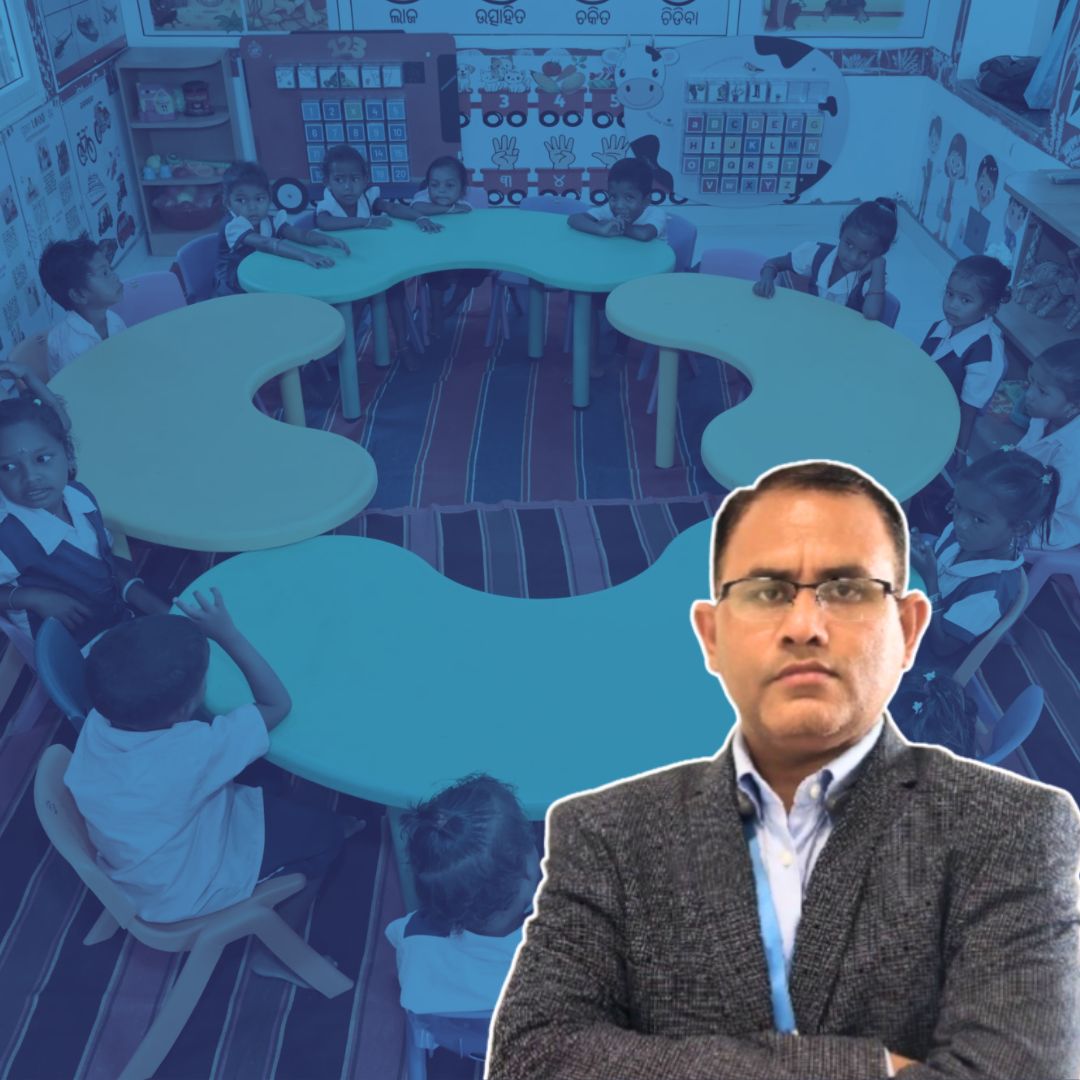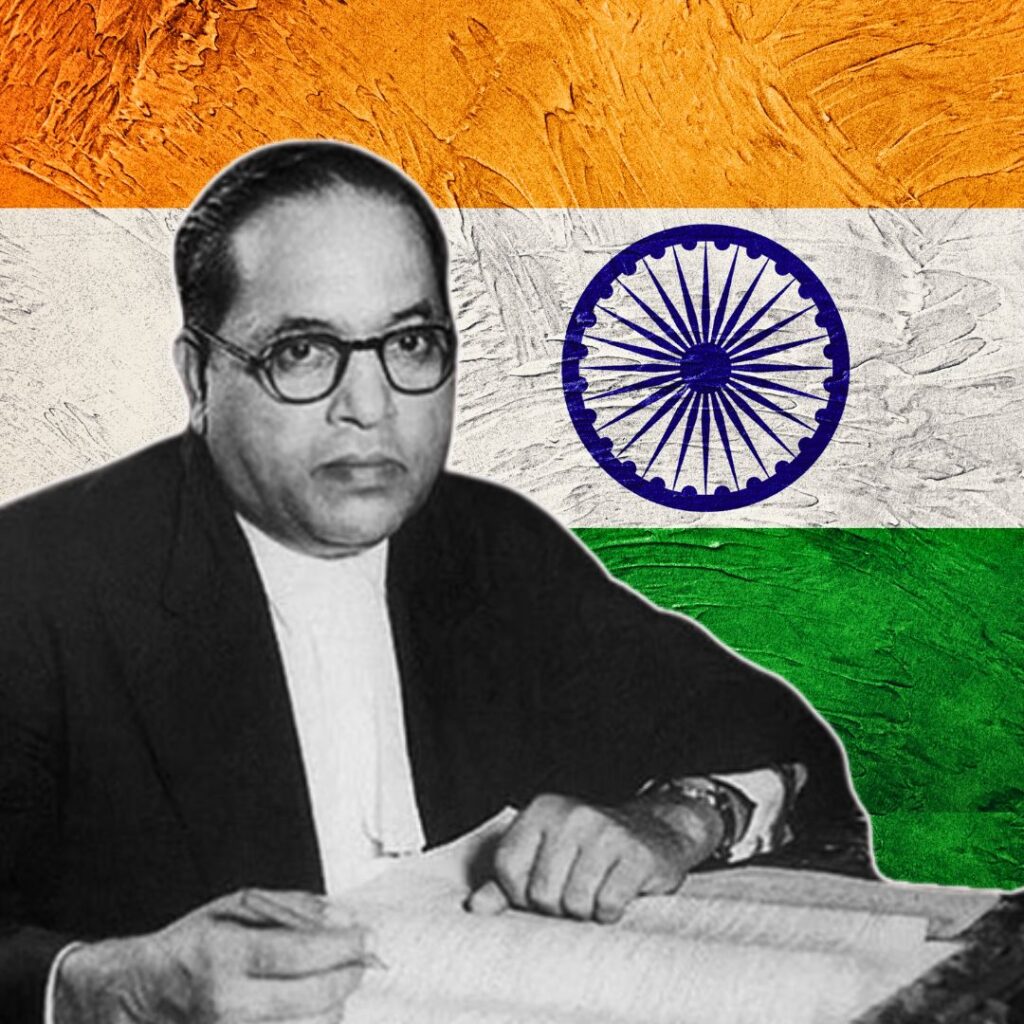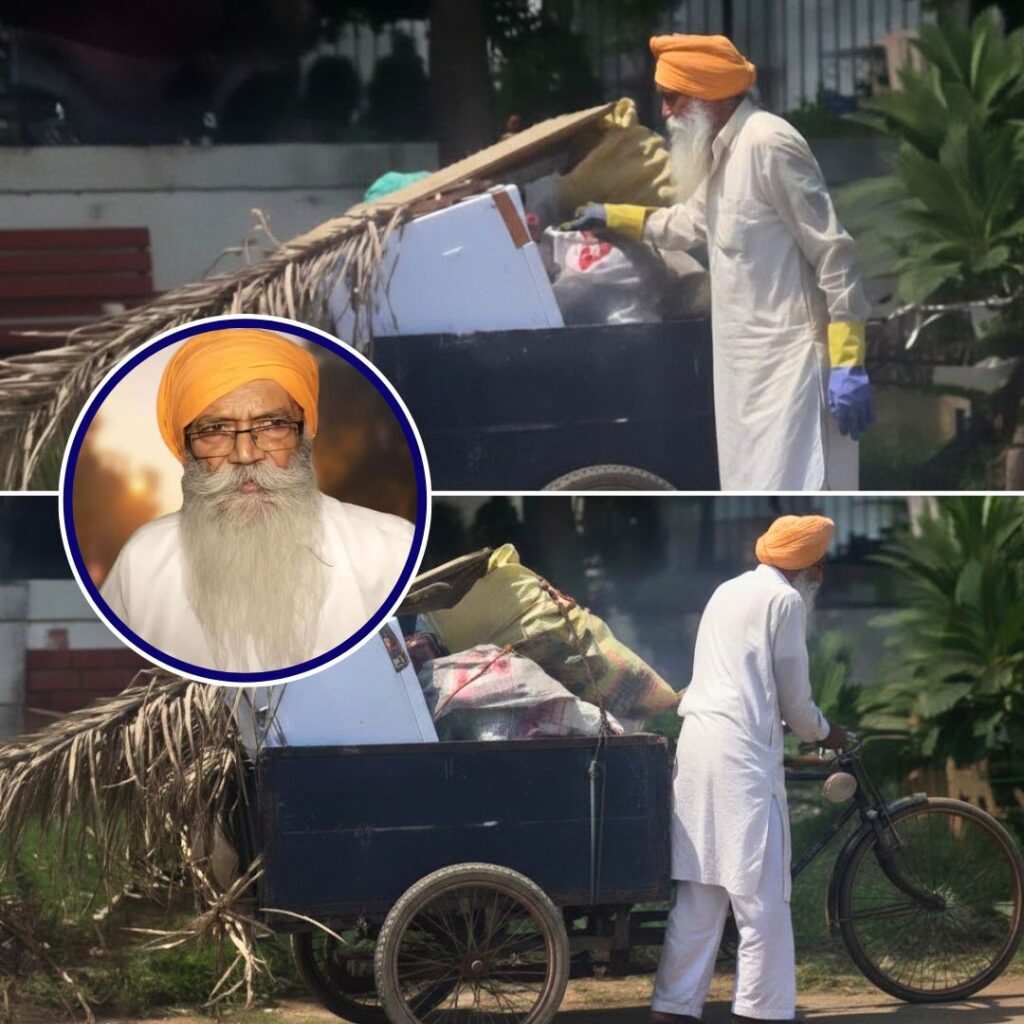Anubhav Garg’s journey in public health is a compelling story defined by dedication, innovation, and empathetic leadership, which has guided him to revolutionize early childhood development in India’s vulnerable districts.
With over 21 years of experience, Garg has honed his expertise in designing, implementing, and scaling impactful maternal and child health programs. His work culminates in the First 1000 Days program a pioneering initiative aimed at fostering nurturing environments during the crucial first 1,000 days of a child’s life, from conception to age two.
Launched in February 2022 in aspirational districts such as Fatehpur (Uttar Pradesh) and Koraput (Odisha), the program embodies Garg’s vision to create systems that endure and nurture every child’s right to a healthy start.
“Our work is about building systems that outlast us, shaping nurturing environments that every child deserves,” states Garg, inviting stakeholders into a transformative journey of sustained impact.

Building Strong Foundations for Early Childhood
Recognised globally as vital for brain and physical growth, the first 1,000 days are at the heart of this initiative. Under Garg’s strategic and technical leadership, model ‘lighthouse’ centres have been set up at Anganwadi Centres and Primary Health Centres.
These hubs provide training for frontline workers including Anganwadi Workers, ASHAs, and Auxiliary Nurse Midwives empowering them with evidence-based resources, counselling techniques, and educational materials.
This capacity building enables workers to offer responsive caregiving guidance, nutrition advice, and health support tailored to local community needs.
Garg emphasises the transformative nature of this work: “This initiative is about redefining how communities perceive and support early childhood beyond mere service delivery.” The program integrates health, nutrition, early learning, sanitation, and child protection to foster holistic development in children.
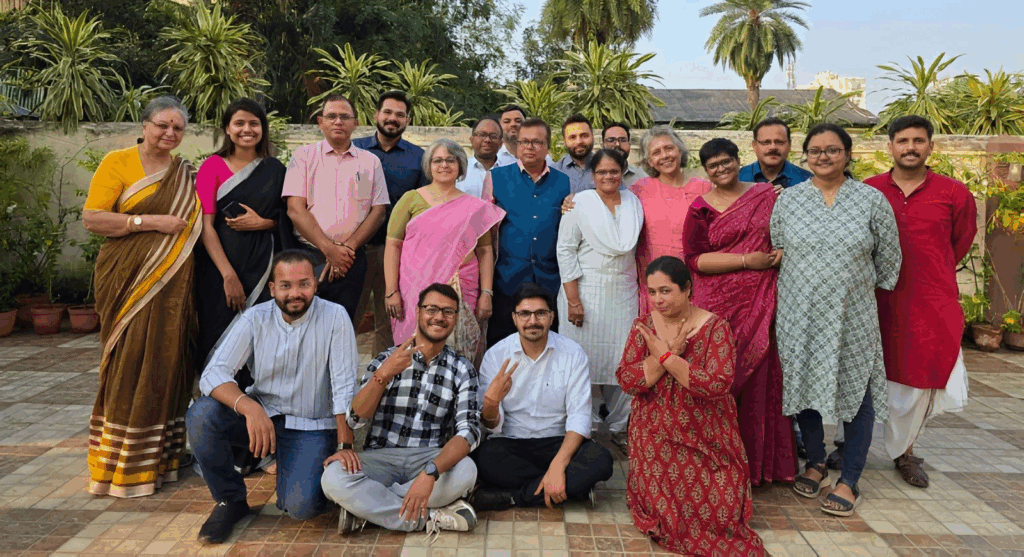
Data-Driven Impact and Sensory Stimulation
A cornerstone of Garg’s methodology is its robust use of real-time data to monitor nutritional intake, immunisation rates, growth parameters, and institutional deliveries. These metrics inform program adjustments and targeted interventions, ensuring success is measurable and transparent.
Garg elaborates, “Every data point reflects a child’s future; we respond with urgency and precision.” Innovative features include sensory stimulation corners introduced in community spaces to stimulate cognitive and motor skills through play.
Community Kitchen Centres act as interactive platforms where mothers and caregivers gain hands-on nutrition education and cooking guidance, supported by local mentors who foster sustainable behavioural change.
This multi-layered support network extends early childhood care beyond health facilities into the fabric of community life, nurturing long-term resilience.
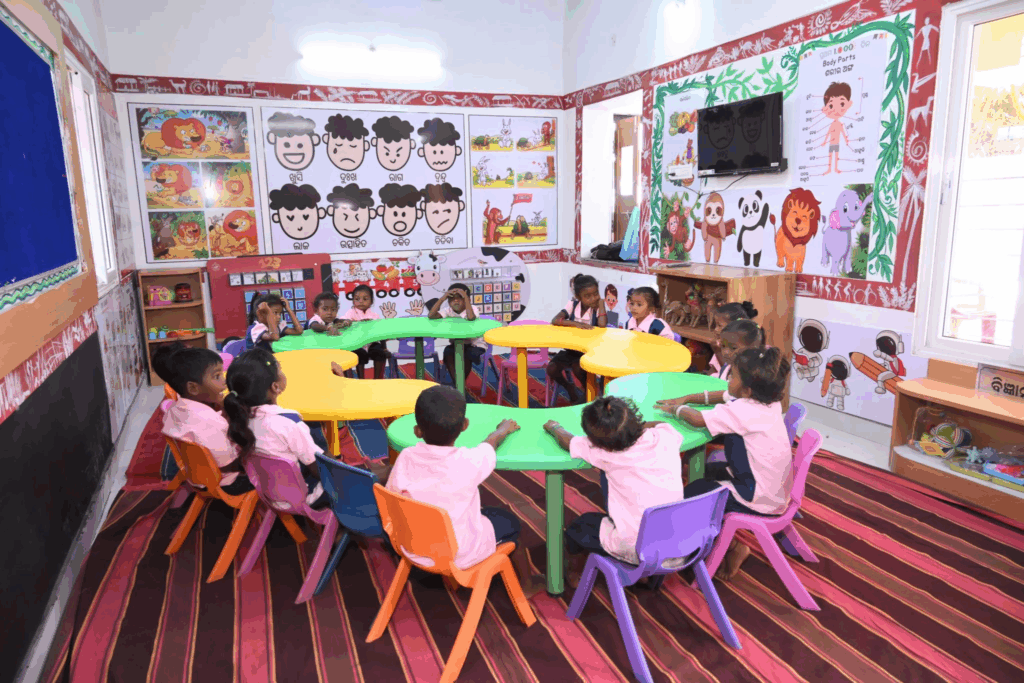
Integration with National and Local Health Frameworks
The First 1000 Days program synergizes with India’s broader government initiatives like the Integrated Child Development Services (ICDS) and Poshan Tracker to embed early childhood care institutionally.
Supported by the Van Leer Foundation, NITI Aayog, and district administrations, it strengthens frontline worker capacity and facilitates program ownership at the community level. Garg highlights the program’s community-centric focus: “When communities take charge, interventions become lasting.”
Moving beyond traditional home visitation models, the program integrates its components into district governance and service delivery mechanisms, fostering collaboration across health, education, and child welfare departments.
Early data indicate improvements in child nutrition, increased institutional deliveries, and heightened parental participation, positioning this model as scalable and replicable across diverse regions.
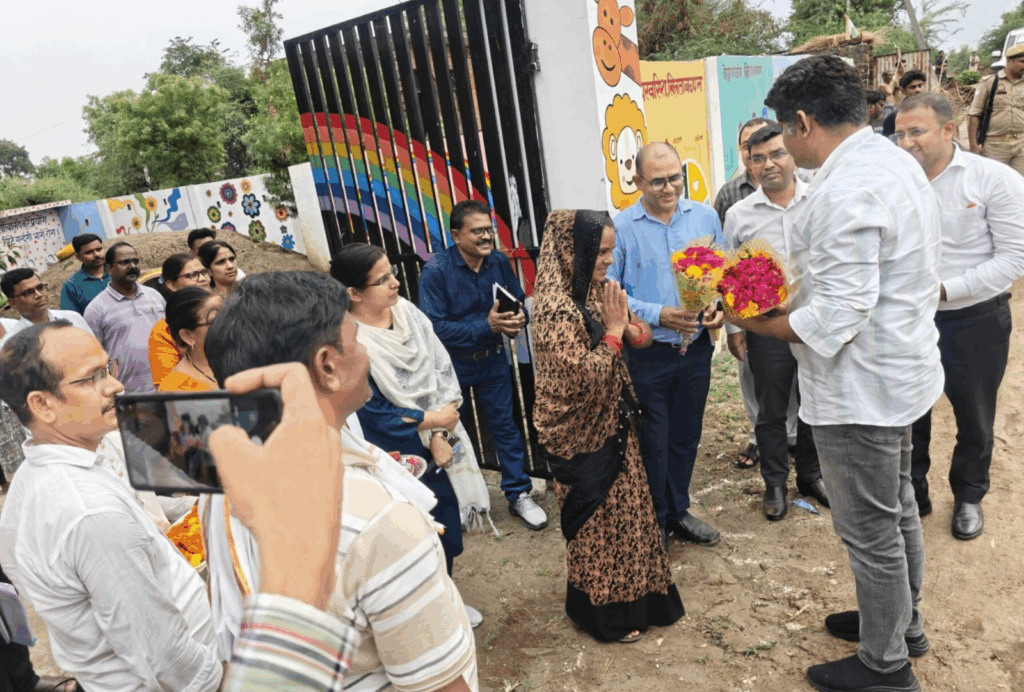
The Logical Indian’s Perspective
The story of Anubhav Garg and the First 1000 Days program exemplifies how a combination of scientific rigour, local insight, and genuine compassion can transform public health landscapes. It aligns closely with The Logical Indian’s commitment to promoting empathy, inclusive development, and systemic change through informed public discourse.
This initiative underscores society’s shared responsibility to nurture children in their earliest years critical to shaping equitable, peaceful futures. It calls readers to reflect: How can communities, policymakers, and civil society deepen partnerships to ensure every child receives a strong foundation that supports their holistic development and wellbeing?
If you’d like us to cover your story or feature your initiative, please write to us at csr@5w1h.media.


